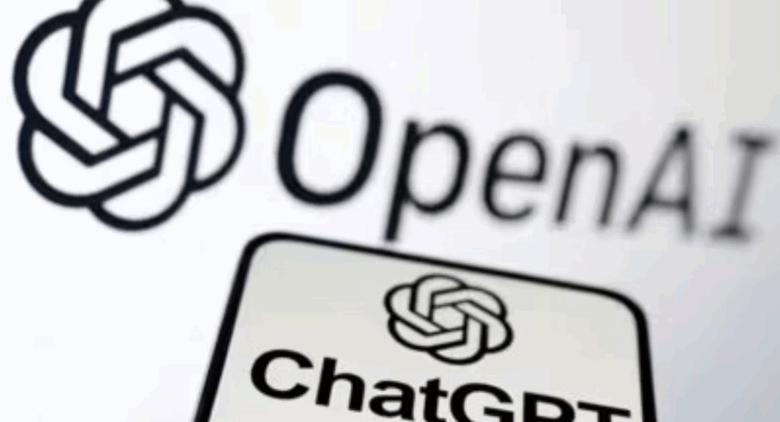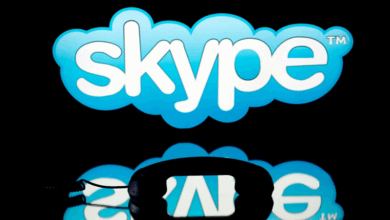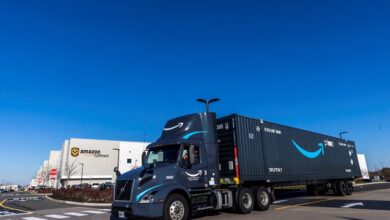OpenAI dials back conversion plan, nonprofit to retain control
News Mania Desk / Piyal Chatterjee / 6th May 2025

OpenAI has scaled back a major restructuring initiative, allowing its nonprofit parent to maintain control, a decision that is expected to restrict CEO Sam Altman’s influence over the leading creator of ChatGPT.
The declaration comes after a flurry of backlash and legal obstacles, including a notable lawsuit initiated by competitor and co-founder Elon Musk, who has alleged that OpenAI has deviated from its original purpose of creating artificial intelligence for the good of humanity.
In December, OpenAI announced intentions to transform its for-profit segment into a public benefit corporation, a framework intended to harmonize shareholder profits with societal objectives, in contrast to nonprofits that concentrate exclusively on the public good. According to that proposal, the nonprofit parent would hold a significant stake in the PBC but would relinquish control over the startup.
On Monday, OpenAI announced that the nonprofit parent would maintain its control over the PBC and become a significant shareholder in it. The firm will proceed with its plans to modify the framework of its for-profit division to facilitate increased capital-raising to keep up in the AI competition.
The transition to a complete for-profit model aimed to enable OpenAI to secure additional funding and reduce limitations associated with its nonprofit parent organization. However, it raised worries about whether the company would equitably distribute resources to the nonprofit and how it would reconcile profit generation with its goal of advancing AI for the public benefit.
Altman called the move a compromise “that (works) well enough for investors that they’re happy to continue to fund us to a degree we think we will need.” He said OpenAI would work with major backer Microsoft opens new tab , regulators and newly appointed nonprofit commissioners to finalize the updated plan, and decide how much equity stake in the for-profit business each party would receive.
“We believe this is well over the bar of what we need to be able to fundraise,” Altman said, adding there were “no changes to any existing investor relationships” and that the company would proceed with the earlier plan to remove caps on the profit that investors can earn.
“We’re glad that OpenAI is listening to concerns from civil society leaders … but crucial questions remain,” said Page Hedley, OpenAI’s former policy and ethics adviser .
“Will OpenAI’s commercial goals continue to be legally subordinate to its charitable mission? Who will own the technology that OpenAI develops? The 2019 restructuring announcement made the primacy of the mission very clear, but so far, these statements have not,” he said. He added he was concerned that in the PBC structure, the board would be obligated to maximize shareholder value.






